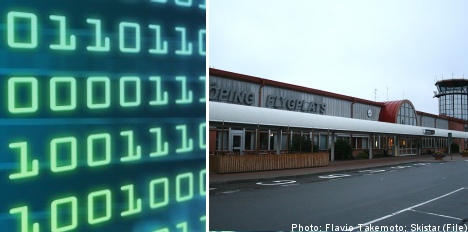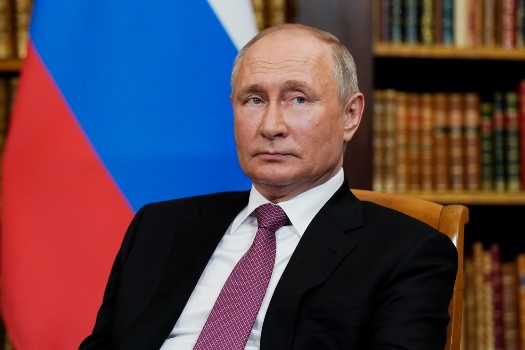The computer was discovered three weeks ago by a member of staff connected to the airport’s intranet. Both the airport management and the police suspected a case of industrial espionage and launched an investigation.
“Someone obviously thinks that this airport is very exciting,” said Peter Jutterström of the airport’s board to the local Jönköpings-Posten newspaper on Wednesday.
The computer, which was connected to Jönköping Airport’s internal network, was discovered by a member of staff a couple of weeks ago and it was feared that sensitive information had been transferred to a third party.
But it has now been established that the suspected “spy” PC was in fact a routine cooperation between the airport’s IT department and local airline Flyglinjen.
The computer was deployed to manage the airline’s check in screens.
The Swedish Security Service (Säkerhetspolisen, Säpo) were reported on Wednesday to monitoring the situation, but the investigation was conducted by Jönköping police.
“We remain informed, but there is nothing here that falls within our jurisdiction,” Sirpa Franzén, press officer at Säpo, told the TT news agency on Wednesday.



 Please whitelist us to continue reading.
Please whitelist us to continue reading.
Member comments